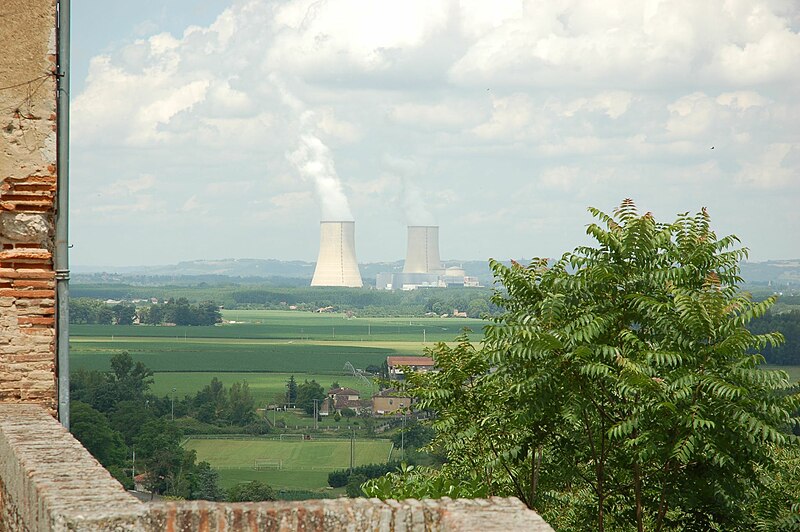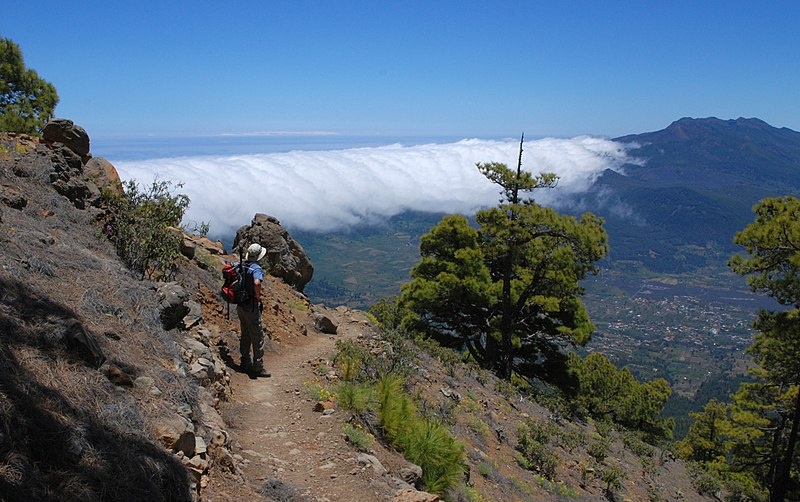August 21 NEC Energy News
¶ “France’s EDF Takes 1.3-GW Nuclear Reactor Offline Amid Heatwave” • French power company EDF said it took its 1.3-GW nuclear reactor Golfech 2 offline citing environmental reasons as the country goes through a spell of excessively hot weather. The plant is close to the southern town of Toulouse, which expects to have 40°C (104°F) temperatures. [Reuters]

¶ “Kenya Launches Tender For Off-Grid Solar Plants” • Kenya Power and Lighting Company Plc has issued a tender for the deployment of off-grid solar power plants in remote regions. The microgrids will be in eight communities. Kenya Power said the selected developers will have to build the facilities and provide O&M services for seven years. [PV Magazine]
¶ “Floods Hit Death Valley As Storm Hilary Peaks In California” • Hilary is the first tropical storm to hit California in 84 years. It has brought record rains, flooding Los Angeles and desert areas like Palm Springs and Death Valley. Experts say recent abnormal weather events hitting the US and other countries are influenced by human-caused climate change. [BBC]
¶ “The Weird Wind That Can Supercharge Heatwaves And Wildfires” • In German, “Föhn” means hairdryer, but can also be a wierd hot wind. The Föhn effect is a hot, dry wind that sweeps down a mountainside, baking everything in its path. It can take place anywhere on Earth, and it can cause local temperatures to rise by over 28°C (50°F) in one hour. [BBC]

¶ “Canada Wildfires: At Least 30,000 Households In British Columbia Told To Evacuate” • About 30,000 households have been ordered to evacuate in Canada’s British Columbia province, where nearly 400 wildfires are raging. Travel to the waterside city of Kelowna has been restricted, and smoke from nearby fires hangs over Lake Okanagan. [BBC]
¶ “Canada’s Northwest Territories Set A Record For Its Hottest Temperature” • With a Saturday temperature of 37.4C, Fort Good Hope in the NWT saw “the hottest temperature recorded that far north in Canada,” says Environment Canada meteorologist Jesse Wagar. She added that the new records smashed the previous ones “often by several degrees.” [BBC]
For more news, please visit geoharvey – Daily News about Energy and Climate Change.
